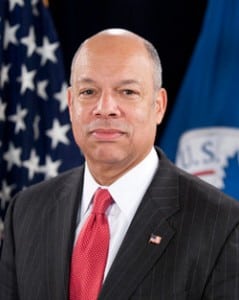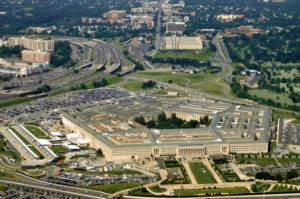
Homeland Security Secretary Jeh Johnson on Thursday said that he is establishing three new joint task forces to apply a more integrated approach to security and investigations along the nation’s southern border, part of a new strategy for securing that land and maritime border from Florida to California. Joint Task Force-East will be responsible for maritime ports and approaches in the southeast, Joint Task Force-West will take charge of the southwest land border and the West Coast of California, and…

 By
By 








